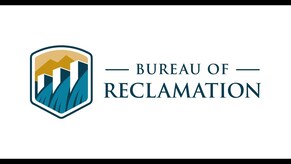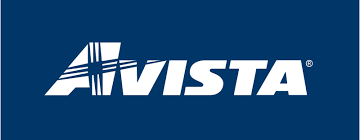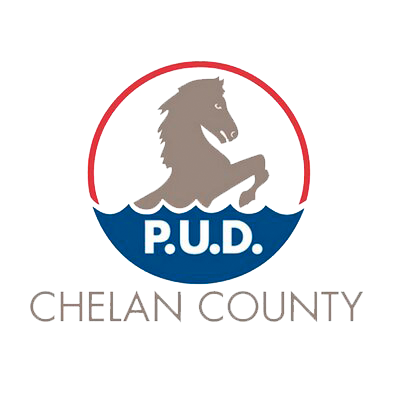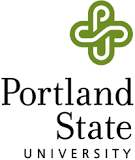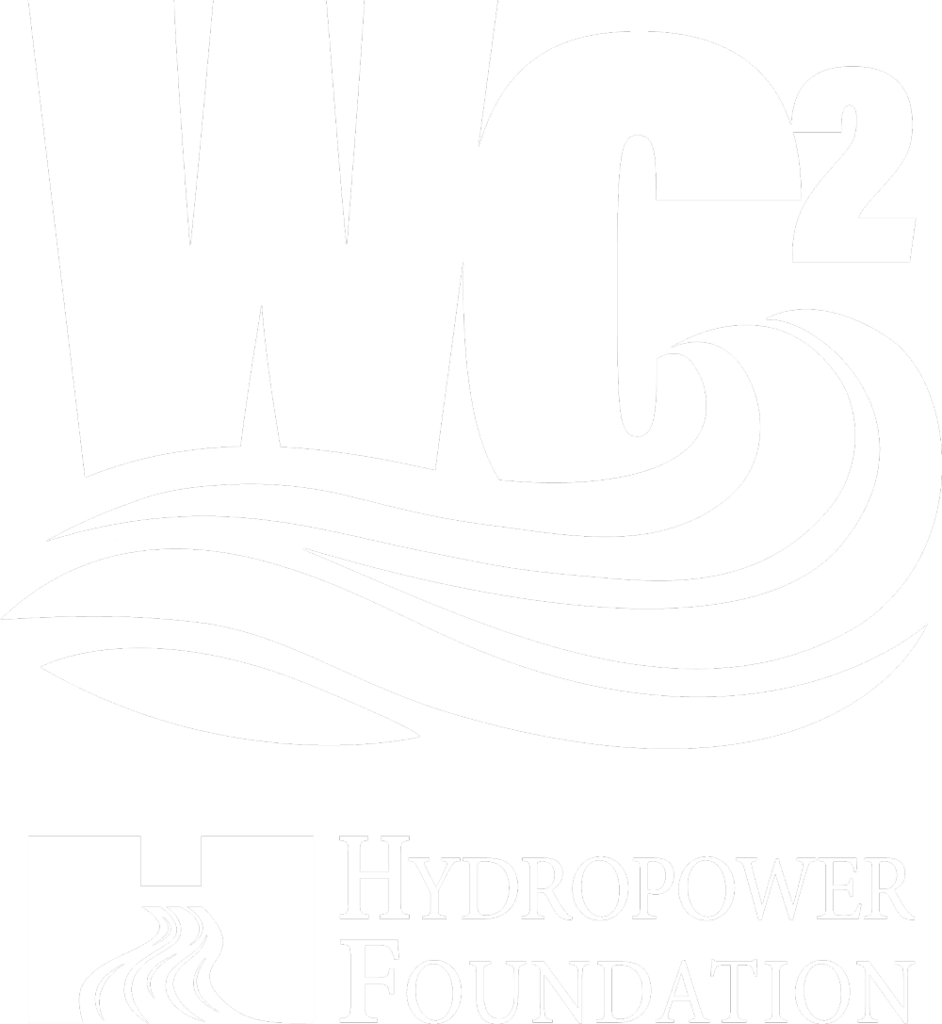Chelan County PUD
Chelan County PUD works with three universities and one community college. They appreciate having access to intelligent, enthusiastic students who are eager to learn and contribute. Students work with Chelan as interns for their senior projects when they are interested in learning about the hydropower industry. This relationship allows Chelan to show them what they do and what the students' degrees will enable them to do in the hydropower industry, whether as engineers, data scientists, biologists, or communications specialists. Additionally, having a relationship with these local schools helps them promote the hydropower industry to the next generation of promising talent! The relationship began as a networking opportunity. Ruth Erwert, the HR Manager, met one of the professors they work with now at a STEM conference where they discussed opportunities to work together, and it came to fruition. In another instance, her alma mater contacted her after learning that she worked at Chelan County PUD. The community college is local and developing an engineering program where Chelan can find the right year-round intern talent, which proved to be a good reason to connect. This relationship is a win/win as the universities have potential jobs to send graduating students out into the world to pursue. Chelan recommends that the university invite local businesses into the classroom or bring the students in to tour their facilities. Build relationships. Many schools require a capstone or senior project in their technical majors. Local utilities could sponsor those students with their projects.

